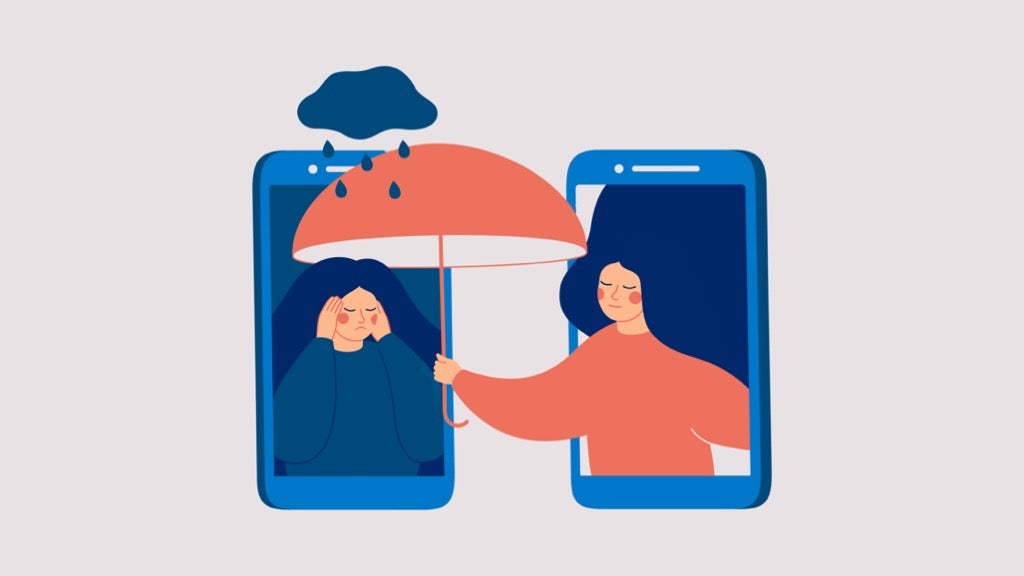
This past year, in the midst of a global pandemic and a social reckoning over the country’s racist history, we also found moments of critical reflection. In particular, as mandated lockdowns and isolation protocols paused physical human connection, the role certain technologies played in augmenting that loss came into sharper focus. Our culture’s dependency on digital services to work, eat, learn, govern, be entertained, and stay in touch with one another underscores that digitally mediated experiences can and will profoundly shape our understanding of what it means to be human. This question is one we’ve explored through various lenses over the years at Aspen. But, as the saying goes, hindsight really is 2020.
I’ve long been fascinated by how our human-to-human interactions are shaped by the mediums we communicate and interact through; whether it’s via comment sections, video chat, AI agents, and or newsfeeds. What we communicate and how we communicate is a performative expression of how we see ourselves and others around us. Inspired by the work of experts such as Sherry Turkle, Kate Crawford, Safiya Noble, Kate Devlin, and others in cognitive psychology, critical theory; and media studies, my own thinking has evolved to challenge current assumptions around how we situate the human experience in a digital world. To simply create a dichotomy between online and offline realms strikes me as ill-suited to the reality we are actually experiencing. The past year punctuated this hypothesis.
To explore this deeply, Aspen Digital, with support from Pivotal Ventures, is taking a leap to reimagine how technology can shape the human experience and our sense of place. The Virtually Human Working Group, composed of 24 thought-leaders across industry, research, civil society, and academia, seeks to better understand the cumulative effects of continuous and ubiquitous technology interaction on our human connections.
Over the next few months, the Group’s charge is to:
- Examine and establish what we know and what we do not know about technology’s impact on a person’s ability to connect with themself and one another.
- Explore the various methodologies and metrics used to measure these interactions.
- Formulate a common understanding and language amongst researchers in both industry and academia.
- Develop a repository of best practices, shared definitions, and state-of-the-art methodologies and measurement tools.
We’re excited to bring together so many different perspectives, lived experiences, and disciplines to this exploration. Our intent is to share our learnings on this journey and to invite you to engage with us.
For more information, please contact Kristine Gloria, Director of Artificial Intelligence, at kristine.gloria@aspeninstitute.org.

